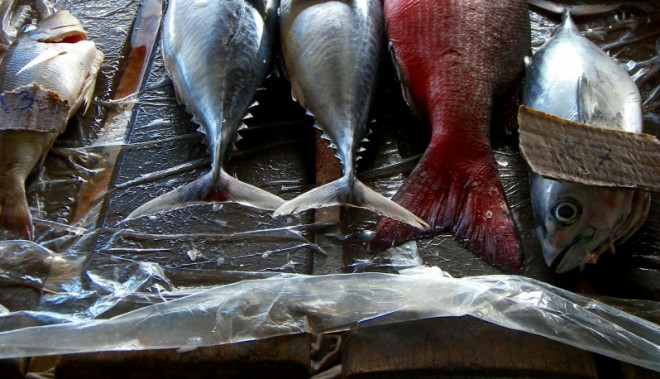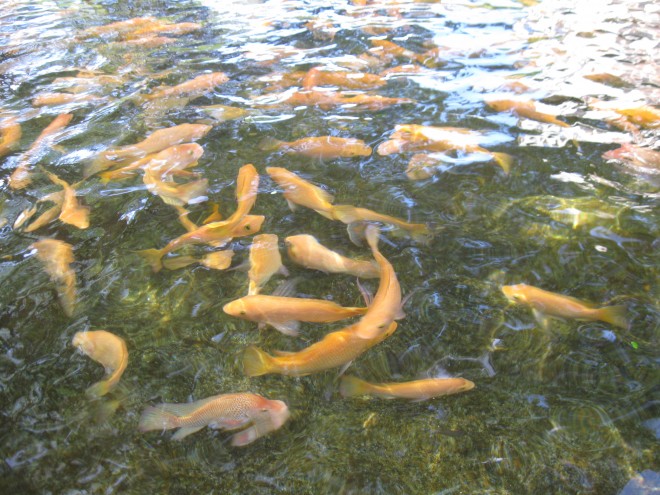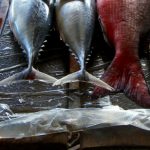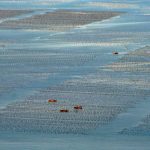by Muhammed Oyinlola, Nereus Fellow
Unknowingly to us, we leave remnant wherever we go, a footprint to tell others that “I was here”, the café shop mug with our fingerprint, the lady at the supermarket with our smile, our precious advise to our colleague at work, or our quest to solve other people’s problems (let’s focus on our good sides). However, we do create some problems intentionally or unintentionally. One thing is for sure — we will definitely leave part of us behind, either good or bad.
With man trying to solve all challenges of life and ending up creating another after the first challenge has been solved, one could imagine a loop of solving and creating. A good example is the industrial revolution and climate change. We try to make things easier by developing technology and manufacturing finished products thereby increasing atmospheric concentrations of naturally occurring greenhouse gases like carbon dioxide (CO2), methane (CH4), and nitrous oxide (N2O) and we ended with climate change issues.

Image: “fish market wide crop” by Jim, CC BY-NC-ND 2.0.
The world population will hit an all time high of 9 billion by 2050, our new quest is “how to feed our open mouths”, as physiological needs are so dear to us. In solving this challenge, man must use his intellect and the natural resources of mother earth. Nevertheless, conserving these resources is so important to us, not just because we love to swim in clear natural waters with nice corals or have nice views of wild life, but we want to leave something behind for the next generation. Unfortunately our quest to provide food like fish will end with us exploiting the world’s fish resources and destroying seabeds, reefs and other habitats of marine animals. It will even cost us with making some species go extinct but yet we still need to feed the populace and conserve the environment.
In “pursuance of our happiness” and also in response to the decline in wild fisheries, we developed aquaculture to enable us to rear our fish and harvest it at will. There is no doubt that aquaculture is a great solution to our challenge of food security. In fact, half of the fish (including finfishes, crustaceans, molluscs, amphibians and other aquatic animals) we eat today are from aquaculture and it also provides income and livelihood to millions of people around the world with a large percentage in developing countries. Nevertheless, our footprints on the ecosystems continue with this practice. Although a few decades ago we didn’t foresee what damage this practice might cause and recently, the environmental sustainability of aquaculture has been questioned.

Image: “Aquaculture” by Bytemarks, CC BY 2.0.
Some giant results of our actions of ensuring we secure food are here already, from organic waste from aquatic farms that changes the physio-chemical properties and micro flora biodiversity of benthic ecosystems in places like Queensland and Chile, to chemical and drug contamination of the environment which may have long-lasting ecological and evolutionary impacts, not forgetting the destruction of mangrove areas for shrimps culture in Indonesia and Thailand, in fact this list is endless.
With the reality with us, man must live up to expectations, although aquaculture practices are dynamic in nature with continuous improvements in new innovations and technologies, things could be better. But first we need to understand the present damage caused by aquaculture, the future of this practice in addition to climate change issues and how we can write “food security and sustainability” in one sentence without conflicts. This way we can develop policies that will ensure sustainable environments and fish on our table.

MUHAMMED OYINLOLA, UBC
Muhammed Oyinlola is presently working on his Ph.D at University of British Columbia with Changing Ocean Research unit of the Institute for the Oceans and Fisheries. His studies focus on the implications of climate change and ocean acidification on global seafood production from aquaculture.







